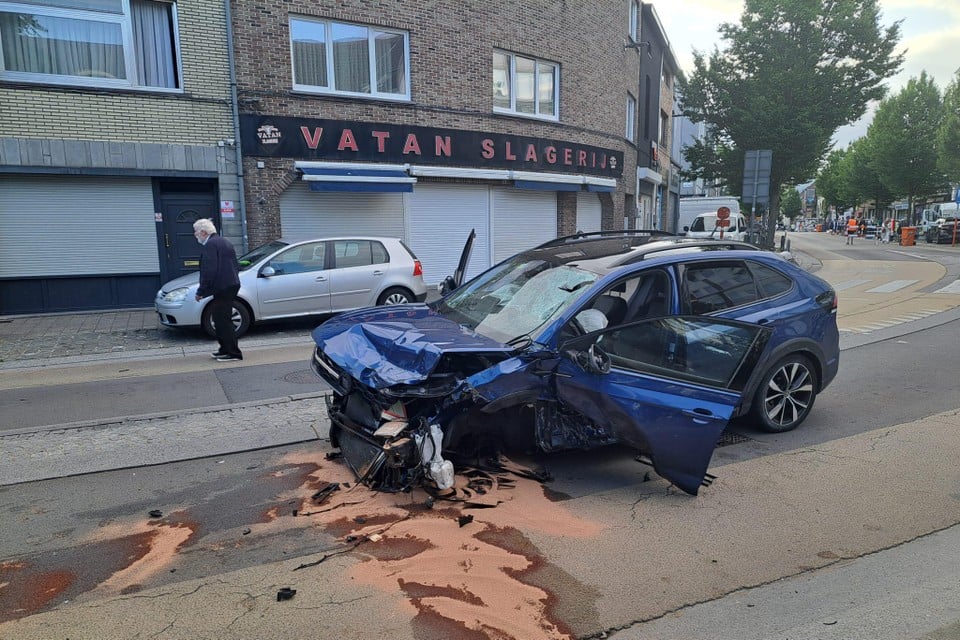Why the Rating of Brussels is precisely reduced: « Political fragmentation increases uncertainty »

A painful day yesterday for anyone who is working on state finances. Not only Belgium as a whole had to take a rating reduction. The Brussels -Capital Region also lost credit. Standard & Poor’s lowered the rating from A+ to A. with additional negative prospects. The derailing budget and political instability cause swell in the financial-economic world.
The budget deficit increases to unseen proportions. « In total we expect an average shortage after capital expenditures of 14 percent of the total income before 2025-2027, » writes S&P in its explanation. Not to mention the debt ratio. « It will amount to 265 percent of the income by 2027. » And she will also get even further, just because Brussels spends much more every year than comes in.
Quick Wins are not real in Brussels. « The income will grow limited, » the report says. Because there is still no fully -fledged government, which can take real policy measures, such as levying new taxes. « We no longer take into account the Smart Move levy and the reintroduction of the surcharges on the personal income tax. Possible increases of rates for transport, water and other services could yield 110 million by 2026. » Positive is that expenditure « is expected to grow by less than 1 percent per year, thanks to the implementation of cuts from the multi -year plan ».
Political fragmentation
S&P also writes that « access to external financing remains strong ». And yet the rating agency is particularly skeptical. That has everything to do with the political situation in Brussels. « We believe that political fragmentation increases uncertainty about the ability of the region to tackle the budget deficits, » it says. And still: « The lack of a fully -fledged government since the elections has impeded the ability of the region to tackle the budget pressure. »
The rating agency does expect that « from 2025, Brussels will once again pursue a more prudent budget policy and take important consolidation measures ». Although they recognize « at the same time the risk of deviations in view of the context of a government in current affairs. » S&P also asks questions about the institutional framework. « Some federal transfers, including the compensation for the large share of commuters, have not grown with inflation. » This suggests that Brussels is being disadvantaged in the financing of the regions and communities.
Future
Although Brussels generates 17 percent of the Belgian GDP, it only receives 10 percent of the income tax income, just because of those commuters. Economically there are also many problems in the capital, with high unemployment and low effectiveness. Without a full -fledged government it does not look like Brussels can become a flourishing city again.
That is why S&P has given a negative outlook, which takes a serious account of a further rating reduction in the future. This can be effectively implemented « if the region fails to take clear budgetary measures ». Or also « when we decide that the current system is structurally under -financed ». With a « clear path in which shortages are gradually reduced », the negative outlook can be lost.




:format(webp)/https://content.production.cdn.art19.com/images/17/af/46/b9/17af46b9-6bcc-441c-b5e0-db3ffa876a3e/ba8b2d50a8e2873b5508c25ac7fb60b9fdfe673813521c1f45746a0a15d41a4df28d6156eb40bbd1515b59cee5bd298890e0ad7dad7954e894d41ca48939c6e9.jpeg)


